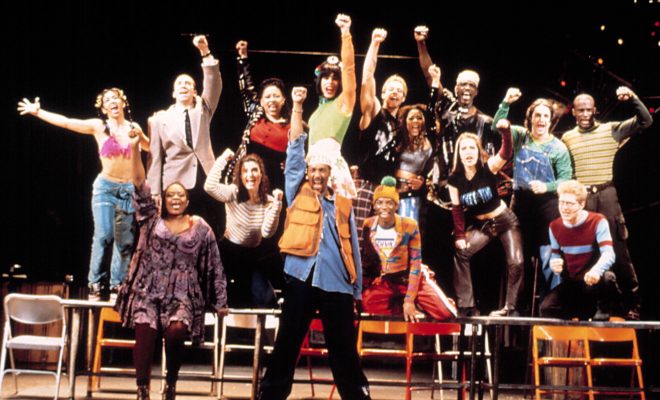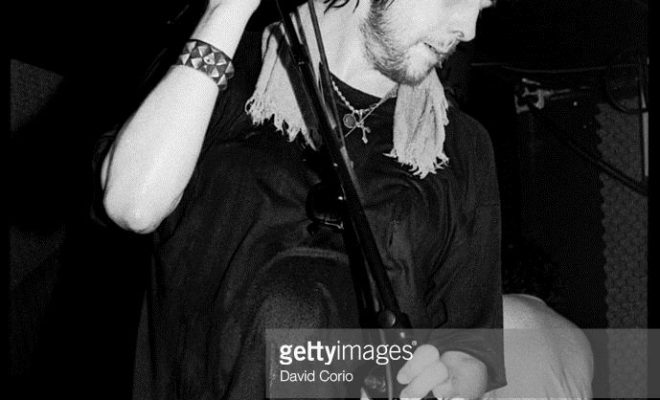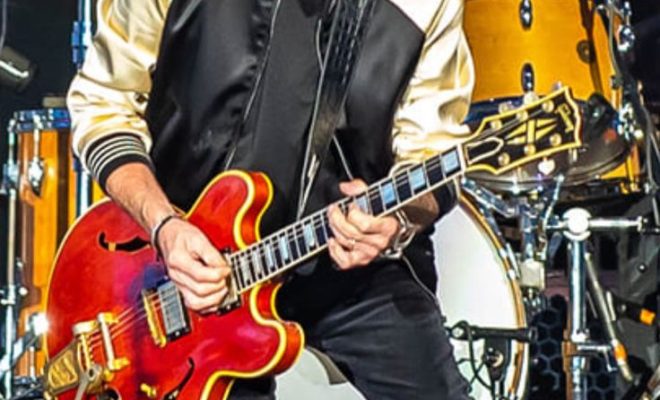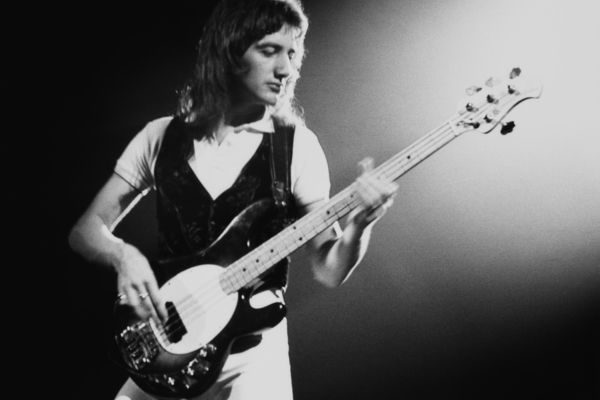8 of Leonard Bernstein’s best works
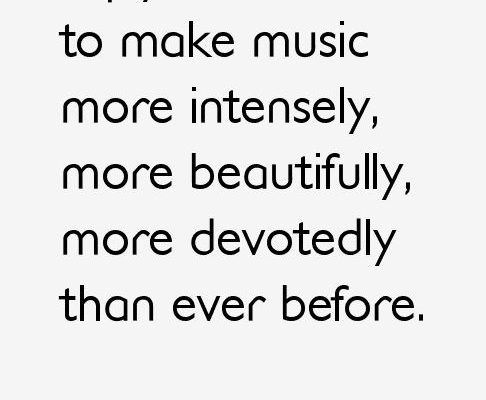
Leonard Bernstein was one of the most influential musicians of the 20th century—a renowned composer, conductor, author, music lecturer, and pianist. His contributions to the world of classical music, Broadway, and beyond are cherished and celebrated. Here we delve into eight of his best works that showcase his unparalleled versatility and genius.
1.West Side Story (1957) –This musical stands as one of Bernstein’s crowning achievements. An adaptation of Shakespeare’s Romeo and Juliet set in 1950s New York City, it explores the rivalry between the Jets and the Sharks, two teenage street gangs of different ethnic backgrounds. The score features hits like “Maria,” “Tonight,” “Somewhere,” and “America,” all demonstrating Bernstein’s ability to meld classical sensibilities with jazz and Latin rhythms.
2.Candide (1956) –Inspired by Voltaire’s satirical novel, “Candide” is a dazzling operetta that combines a witty book with a score filled with lyrically beautiful tunes. Songs like “Glitter and Be Gay” and the stirring finale “Make Our Garden Grow” display Bernstein’s compositional dexterity.
3.On the Town (1944) –One of Bernstein’s earliest successes, this musical celebrates the vitality of New York City through the adventures of three sailors on leave during World War II. The show is replete with energy and exuberance, featuring memorable numbers such as “New York, New York” and the dynamic orchestral piece “Three Dance Episodes.”
4.Chichester Psalms (1965) –This three-movement choral work in Hebrew is both lyrical and powerful. Bernstein uses a tonal, melodic style to evoke a sense of peace and spiritual affirmation—a departure from much of the dissonant classical music being written at that time.
5.Mass: A Theatre Piece for Singers, Players, and Dancers (1971) –Commissioned by Jacqueline Kennedy for the opening of the John F. Kennedy Center for Performing Arts in Washington D.C., this piece defies genre classification. Blending rock, jazz, traditional hymnody, gospel, and classical music into a cohesive whole; it reflects on faith amid contemporary crises.
6.Symphony No. 2: The Age of Anxiety (1949) –Based on W.H. Auden’s poem of the same name, it combines elements of symphony and concerto in a deeply introspective work that grapples with modern life’s psychological complexities.
7.Symphony No. 3: Kaddish (1963) –Dedicated to President John F. Kennedy following his assassination, this symphony is an emotionally charged lamentation named after the Jewish prayer for the dead; it seeks to reconcile life’s profound sorrows with faith in God.
8.Fancy Free (1944) –Bernstein entered the scene as an immensely promising young composer with this ballet—the genesis for what would later become “On the Town.” It captures both the sweetness and swagger of three sailors’ shore leave antics in wartime America.
Each work demonstrates Bernstein’s unique capacity to straddle multiple musical worlds while maintaining artistic integrity and communicative power—making him one among very few who not only chronicled but also shaped an era’s cultural landscape through music.

